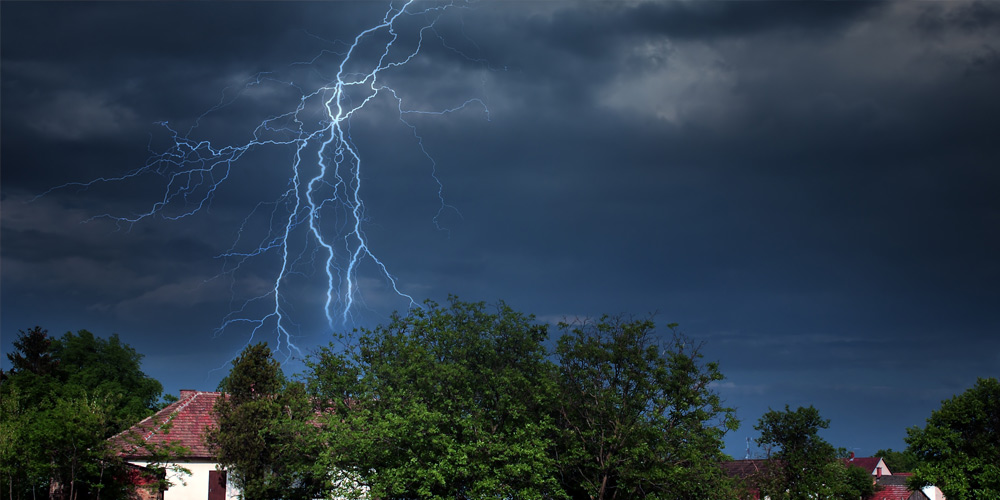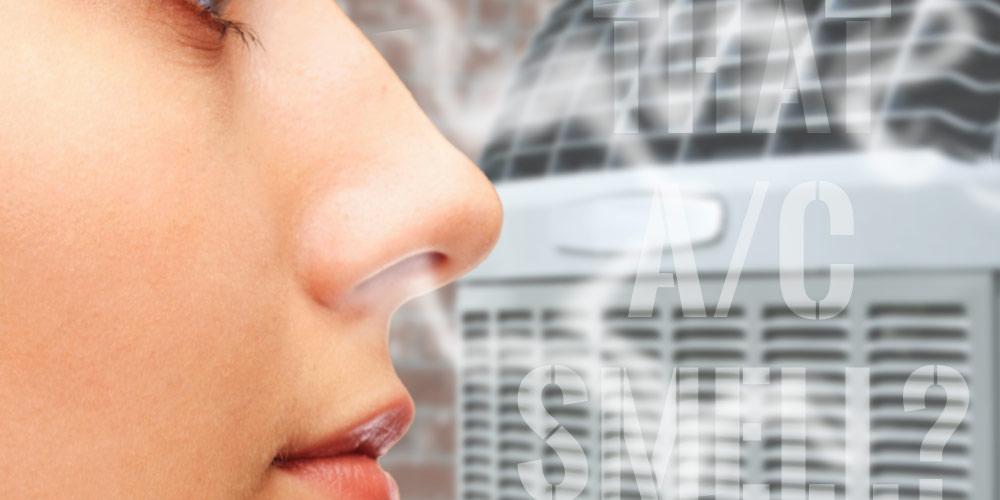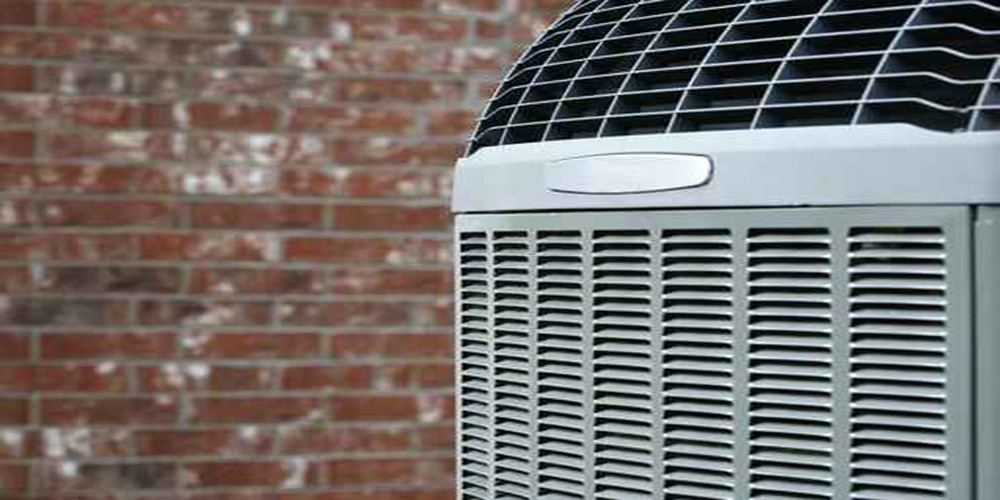Why is my AC unit squealing?
When transitioning from winter to spring weather, it could mean any number of things when your air conditioning unit needs some routine maintenance. Cleaning and maintaining is one thing, but what if after all that there is still a high-pitched squealing noise? What could this sound mean and is there an easy way to fix it?
If you’re experiencing this issue, it is likely one of three things: the bearings on your condenser fan’s motor, the belt connecting the motor to the blower has slipped, or it’s actually not a problem at all. Click here to read more.
How lightning strikes affect your air conditioner
No matter the time of year, a thunderstorm can be unnerving for pets, children, and those who fear the loud boom of thunder and the bright flash of lightning. Even more frightening is the idea that a nearby lightning strike can affect your home’s electrical wiring, including your HVAC unit. Arkansas has 100 days of precipitation a year on average, which means it’s highly likely that a nearby lightning strike during a thunderstorm can damage electrical and plumbing fixtures. Click here to read more.
Why does my AC unit smell funny when I turn it on?
When getting into our summer months, it might be a good time to bring up the topic that a lot of you may be wondering about: the odor that is emitted from your HVAC unit. More than likely, you are using your air conditioner on a more regular basis as summer progresses. You may have noticed that there is a strange odor when you run your unit. What sort of odor is it? Click here to read more.
Why is my air conditioner leaking water?
Homeowners sometimes experience water leaking around their indoor air conditioner near the furnace. You may uncover your AC leaking because your air is not blowing as cold or you see a visible leak. There are a number of possible causes:
- First, there could be a stopped up drain often caused by dirt dauber nests clogging the pipe that drains the cooling systems outside or sludge can build up.
- Second, the AC unit may have a dirty filter that needs to be replaced. This may be affecting the AC’s performance and causing the leak.
- Finally, there could be a refrigerant leak which could lead to larger problems, such as water damage if the refrigerant leak combined with a water leak freezes up the AC (during cold months) and the melting leaks water when the weather warms up.
AC unit cannot maintain temperature set on thermostat
Sometimes, you might notice you have turned on your air conditioner and it runs continuously but does not get cold. This could be a sign of a problem with the blower, the compressor, the condenser fan motor, the capacitor, or the contactor.
It is hard to say what the exact problem without seeing it in person. So many different variables and factors can go into diagnosing a problem of this magnitude. We recommend you call an HVAC company. We can get your system and running within 2-3 days.
Blower is running but condenser won’t come on
If you notice your AC unit is coming on but is not blowing cold air, you’re not alone. This can be a common problem that usually involves a contactor or capacitor issue. There are a number of things you can do to troubleshoot the problem, such as:
- Make sure the thermostat is set to cool – Although it might seem obvious, checking to make sure something with your thermostat settings hasn’t changed would be the first step to ensuring there is not a problem with your air conditioner. Once you’ve established it’s set to cool, change the temperature five degrees lower than the indoor temperature to test that it’s working.
- Look for a blown fuse or tripped circuit breaker – If you experienced a power surge, it may have tripped a circuit breaker or you may have blown a fuse which, in turn, affected your air conditioning.
- Check your main electrical panel – On older homes, you might look for a “fuse box” whereas newer homes have a circuit panel. In a fuse box, you will need to replace your blown fuse. On a circuit breaker, however, you will want to flip the tripped circuit to the “off” position and then back to the “on” position to reactivate it.
- If there are no issues with the main electrical panel, you should check the shutoff box near the AC. You might try to replace the fuse in order to fix your issue.
If none of the above methods provides a temporary fix to the problem, it is important to call your AC service company in order to identify other problems. Although a unit pulling in too much electricity may be a small problem, a larger problem such as a system that short circuits or overheats may signal a bigger problem with more costly repairs or one that requires replacement all altogether.
Why is my air conditioner frozen?
You wake up one morning and find your home isn’t as cool as it was yesterday. When you check on your system, you see it’s frozen – literally – with ice on it. Determining what went wrong with your frozen air conditioner is an important first step.
One of the reasons it might have frozen up is restricted airflow from around the evaporation coil. What might cause blocked airflow? Common culprits include a dirty air filter, clogged ducts, inefficient blower motors, and debris buildup on your evaporator coil. Combine the blocked airflow with moisture already in the air and you’re sure to see evidence of ice buildup. Other causes may include:
- Refrigerant leak or low levels of refrigerant in the line
- Frozen internal systems if the air conditioner runs when the temperature drops below 60 degrees






